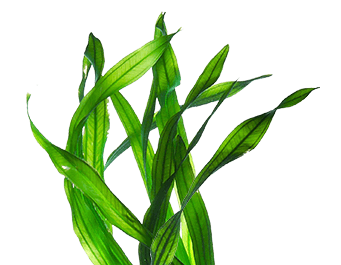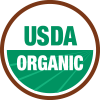

Spirulina (Arthrospira platensis), historically a food source for the Aztecs, is a cyanobacterium (blue-green algae) which contains the blue pigment phycocyanin and the green pigment chlorophyll. Cultivated worldwide, spirulina is highly adaptable and is considered to be naturally sterile due its ability to grow in hot, alkaline environments where other polluting organisms cannot survive. Spirulina retains its nutrients even if exposed to high temperatures during processing or storage.
Spirulina contains over 60% complete protein, is a very good source of nucleic acids, lipids and essential fatty acids such as gamma linolenic acid (which is only otherwise found in mother’s milk), and contains complex carbohydrates like polysaccharides. It is rich in beneficial plant compounds like phycocyanin, chlorophyll and carotenoids (alpha, beta and gamma carotene, and xanthophylls like zeaxanthin). A rich source of iron and magnesium, spirulina is also a good source of zinc, manganese, calcium, potassium, phosphorous and choline, as well as vitamins E and K, B complex vitamins, and is one of the few plant sources of vitamin B12.*


| Product | Specifications | Extraction/Drying Method | Applications |
|---|---|---|---|
Spirulina Powder (organic)
 | Country of Origin: China Part used: Whole algae plant Appearance: Dark green powder Solubility: Partly soluble Certifications: Organic, Kosher and Food grade Produced in a BRC certified facility | Spray dried | Dietary supplements Functional foods Functional beverages Pet foods |